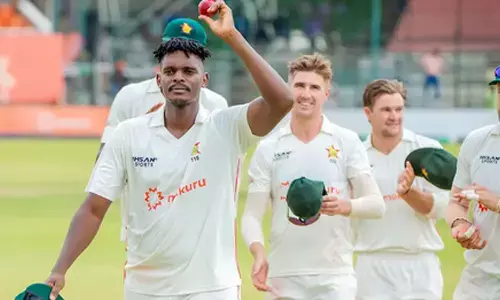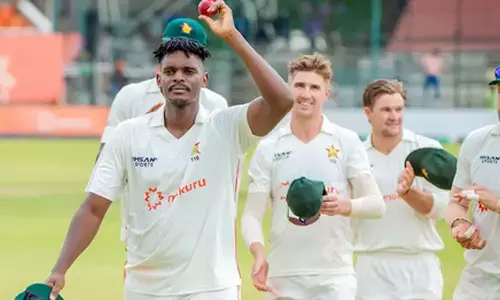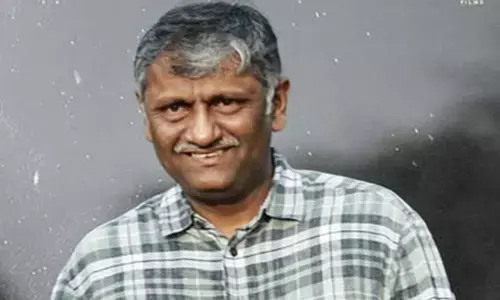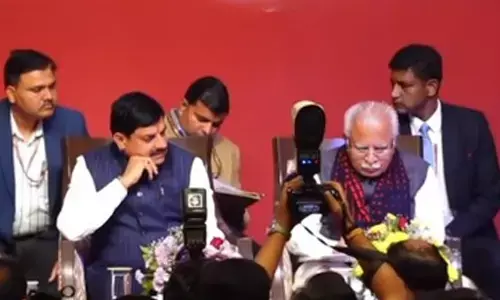Predominance of Skill in Determining Winning Outcome in Fantasy Sports: A Statistical Report by IIM Bangalore Professors
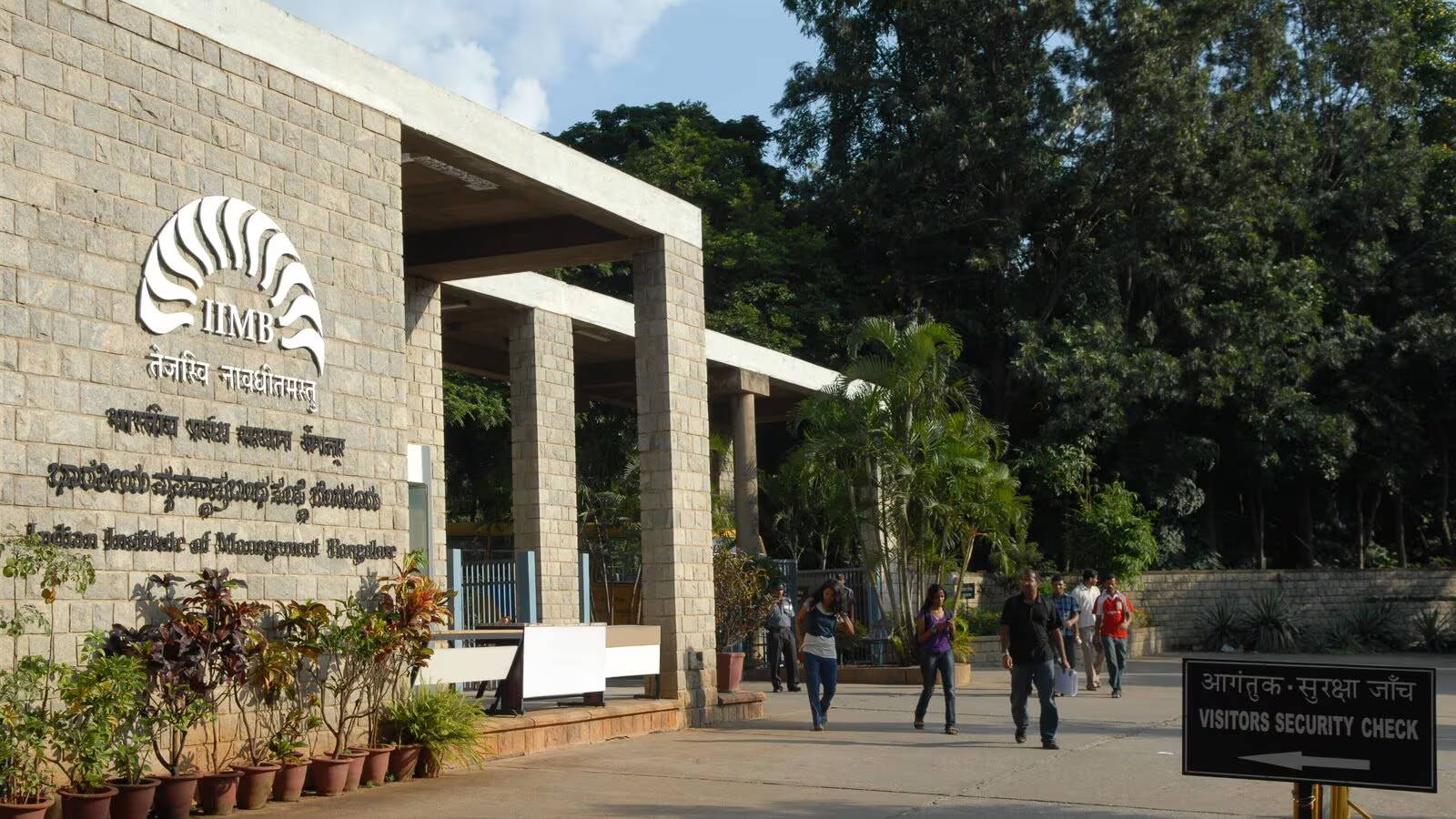
Researchers from the Indian Institute of Management, Bangalore, and SP Jain Institute of Management & Research recently published a joint report, which objectively concludes that the effect of the user’s skill is significantly more than that of chance, in determining the winnability in a fantasy sports contest.
Researchers from the Indian Institute of Management, Bangalore, and SP Jain Institute of Management & Research recently published a joint report, which objectively concludes that the effect of the user’s skill is significantly more than that of chance, in determining the winnability in a fantasy sports contest. The study, “Decision Support System for Policy-Making: Quantifying Skill and Chance in Daily Fantasy Sports (DFS)", further proposes a data-driven approach to determine, through empirical evidence, whether any game is a game of skill or chance. This is the second paper by Professor U Dinesh Kumar, which focuses on studying the statistical aspects of online games. This study goes beyond measuring the effect of skill and chance on a user’s performance. Also, it focuses on quantifying several other indicators of skill, such as the effect of user’s past performance, experience and recent participation, which have not been studied previously.
U. Dinesh Kumar, Professor, IIMB, emphasized the significance of these findings: “This research provides a decision support system that can allow policymakers to objectively and quantitatively differentiate between games of skill and chance. The framework proposed in the study can be replicated for any online game, subject to data availability. We believe that such frameworks are key to formulating regulations based on data science and better suited to address the challenges stemming from emerging technologies and new age sectors, such as online gaming.”
This peer-reviewed study offers an integrated decision support framework that:
● Evaluates the relative importance of skill and chance
● Studies a contestant’s observed and unobserved characteristics
● Tests for other indicators of skill
● It can be replicated in other games, subject to data availability.
The framework proposed in the study can help policymakers adopt a more science-oriented and quantitative approach to resolving the ongoing debate on skill and chance. The lack of such a standardized and objective approach to evaluating online games has led to inconsistencies in regulation and hurt the ease of doing business for legitimate gaming companies in India.
By analyzing performance data, the study helps identify how much of a player’s success is due to their skill and how much depends on chance, providing a clear picture of what drives success in fantasy sports. By analyzing users’ performances across 2,951 matches and 160,000 contests, the study concludes that the effect of users’ skill is significantly more than that of chance in determining winnability in fantasy sports. The study also quantifies other indicators of skill, like user’s past performance, experience and recent participation and finds that these significantly affect their performance in fantasy sports contests.
Key findings from the study include:
● Experience improves winnability: There is a positive correlation between users’ experience and winning consistency, i.e., users with more experience exhibit higher winnability in fantasy sports contests.
○ This indicates that users learn from experience and improve their future performances. In a game of chance, on the other hand, experience will not affect a user’s winnability.
● Consistent high-performers fare better: Users who consistently performed well in the past also perform better in the current fantasy sports contests.
○ This indicates that users’ capabilities matter in fantasy sports contests. In a game of chance, on the other hand, past performances would not determine a user’s present performance.
● Recency positively affects winnability: Users who participated recently in fantasy sports contests exhibit higher winnability.
○ This indicates that the score gap increases with an increasing number of days since the users’ last participation, i.e., users who participated recently exhibit higher winnability. This is also consistent with the concept of skill depreciation used in human capital theory.
● Choice of contest influences relative performance
● The variance of unobserved skill is higher than the variance of chance: The study found that the unobserved components of skill play a far greater role in determining winnability than pure random shocks.









